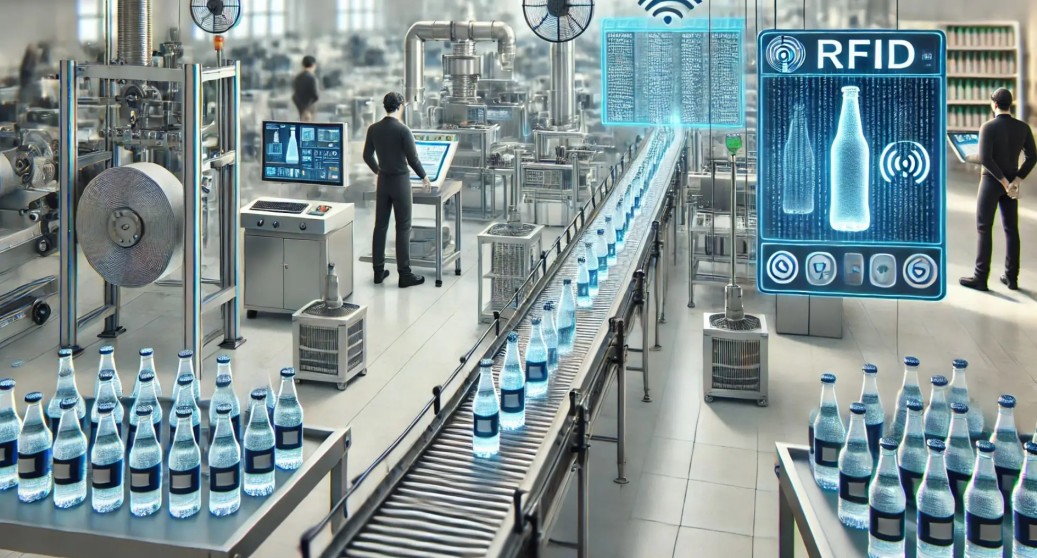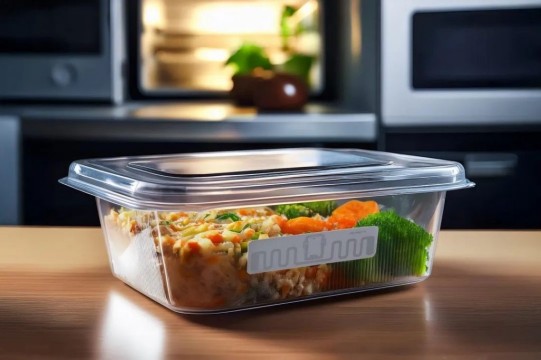RFID has a broad future in the food industry. As consumers’ awareness of food safety continues to increase and technology keeps advancing, RFID technology will play an increasingly important role in the food industry, such as in the following aspects:

Improving supply chain efficiency through automation: RFID technology enables automated data collection and processing, reducing the time required for manual entry and inventory checks. For instance, in warehouse management, using RFID readers, a large amount of product information can be quickly read, enabling rapid inventory checks. The warehouse turnover rate can be increased by over 30%.
Optimizing Replenishment Strategy: By analyzing the sales trends and inventory status in the RFID tag data, enterprises can more accurately predict market demands, optimize replenishment strategies, reduce the rate of stockouts, and enhance the scientificity and accuracy of inventory management.
Full-process traceability to enhance food safety: RFID technology can record all the information of food from its production source to the consumption end, including key data of each link such as planting, breeding, processing, transportation, and storage. In case of food safety issues, enterprises can quickly locate the batch and flow of problem products through RFID tags, reducing the time for recalling problem food from several days to within 2 hours.
Counterfeit prevention and fraud detection: RFID tags possess uniqueness and encryption technology, making them difficult to be replicated or forged. This effectively prevents counterfeit and substandard products from entering the market, protecting the legitimate rights and interests of consumers, and also safeguarding the brand reputation of enterprises.
Compliance with regulatory requirements: As global food safety regulations continue to evolve, such as the EU’s “General Food Law”, companies need more effective traceability methods to meet regulatory requirements. RFID technology can provide accurate and detailed food traceability information, helping enterprises comply with relevant regulations and facilitating their expansion into international markets.

Enhancing consumer trust: Consumers can scan the RFID tags on food packages to quickly obtain information such as the production date, origin, and inspection reports of the food, enabling them to conduct transparent inquiries about food information and enhancing their trust in food safety. This is particularly beneficial for high-end foods, such as organic agricultural products and imported foods, as it can further enhance their brand premium value.
Post time: Oct-13-2025





